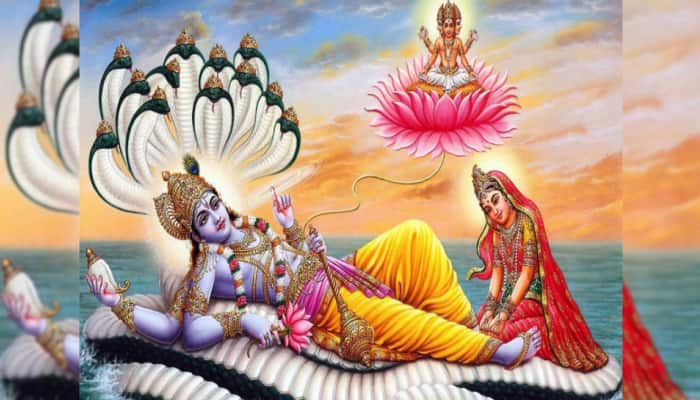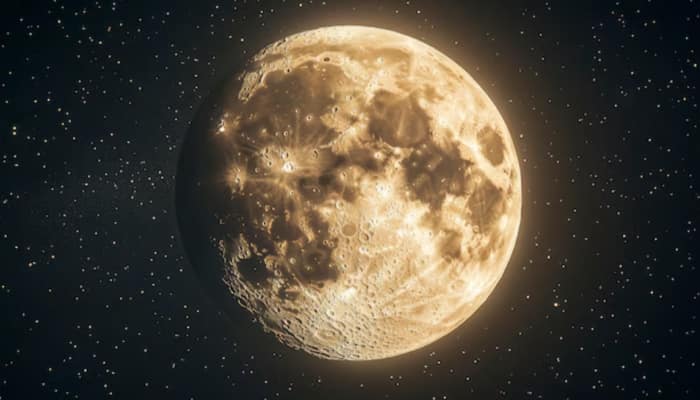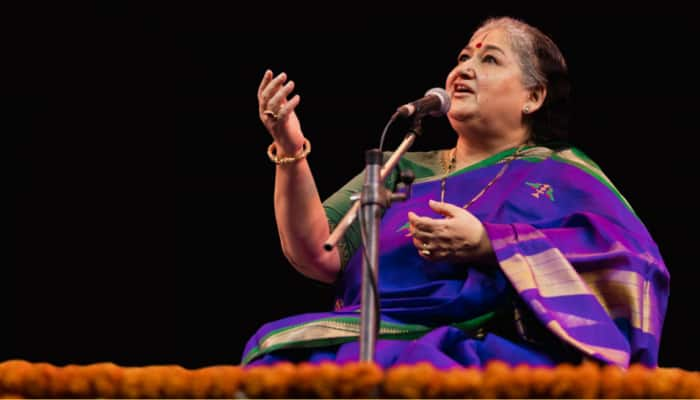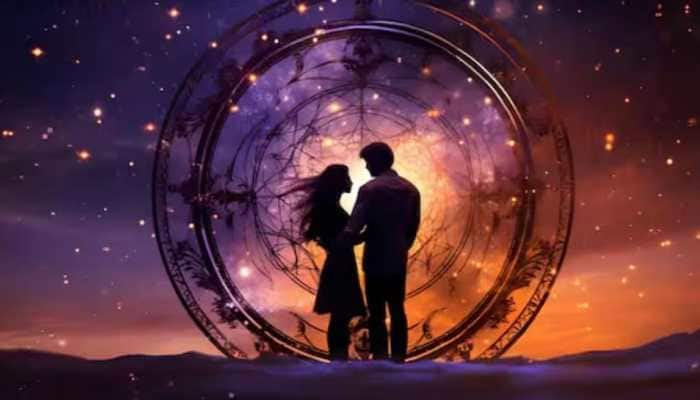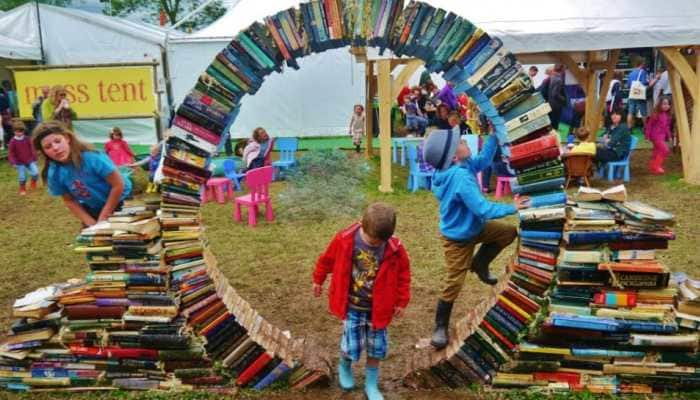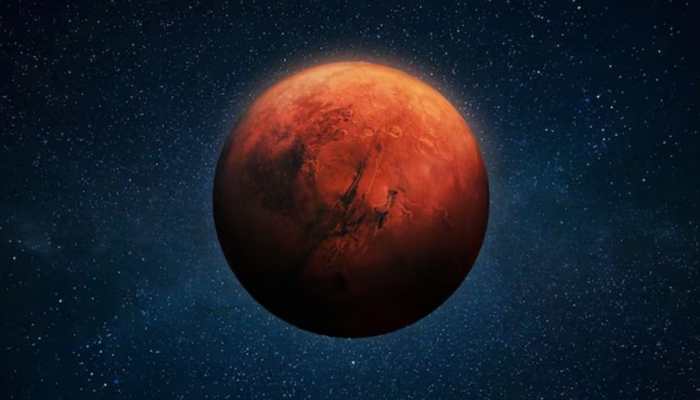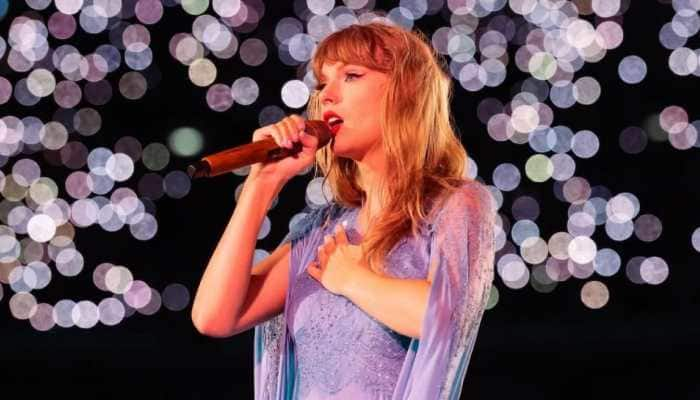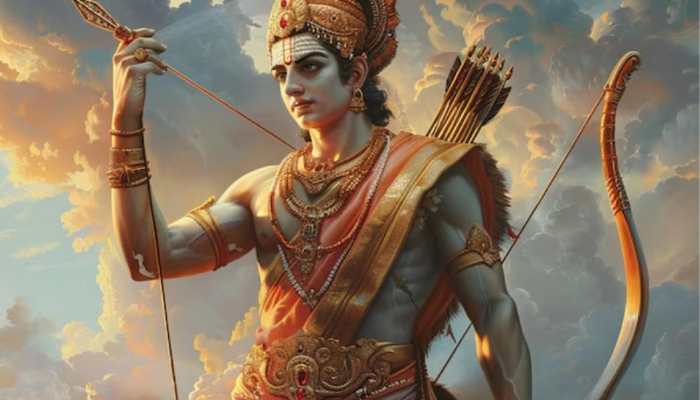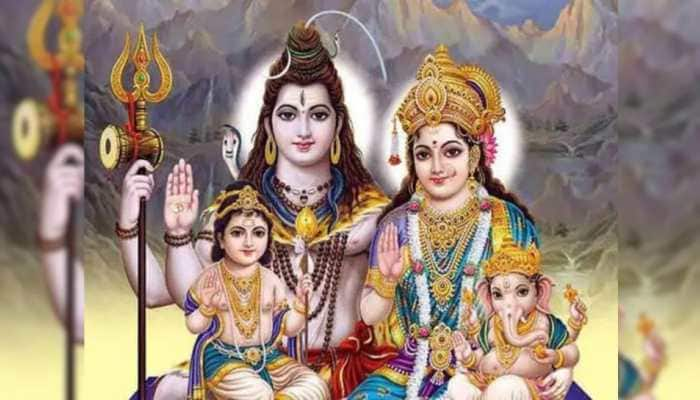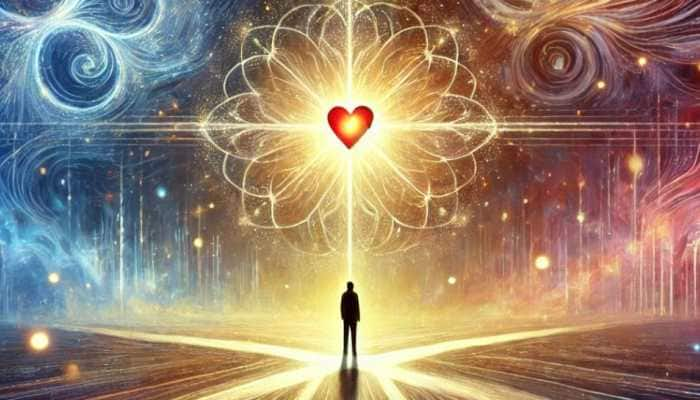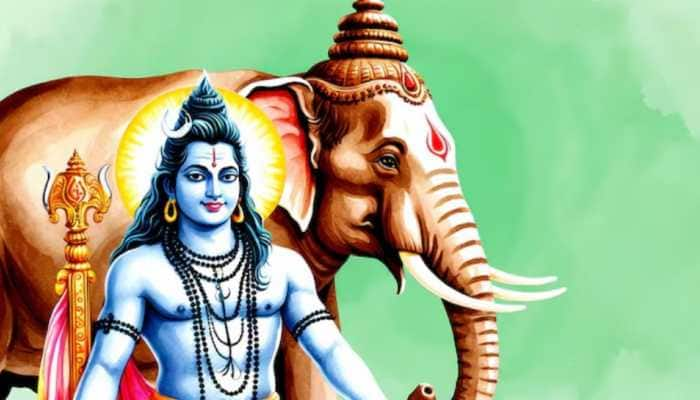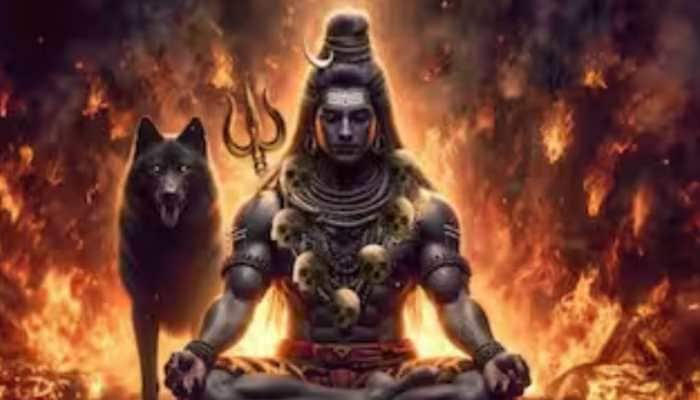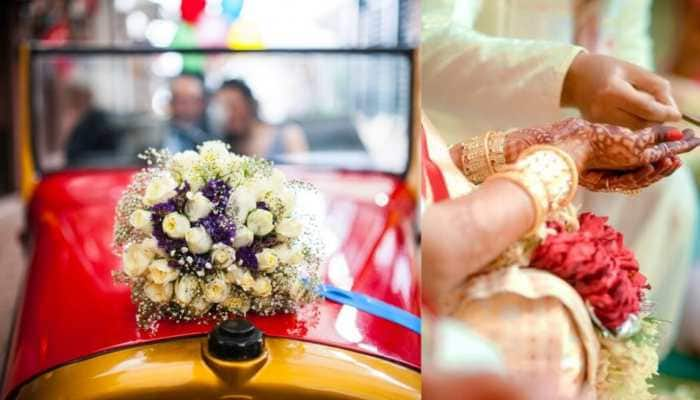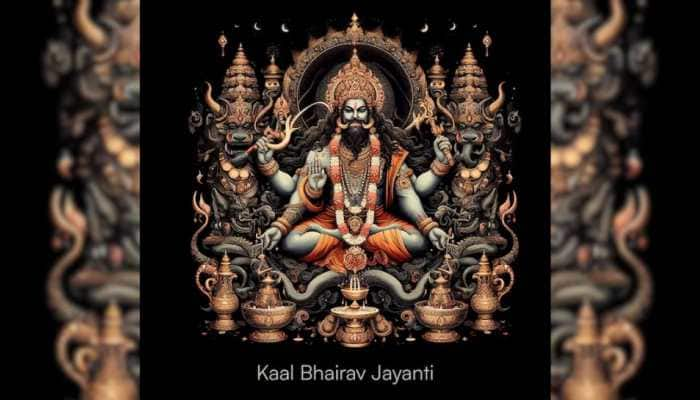Diwali, also known as Deepavali, is one of the most awaited and widely celebrated festivals in India and around the world. This festival of lights is a beautiful blend of joy, togetherness, and spirituality, symbolizing the triumph of good over evil and light over darkness. In 2024, Diwali promises to bring the same spirit of warmth, with families coming together to light up homes, perform pujas, and share in the festive cheer. Here’s a detailed look at Diwali 2024, including its date, auspicious times, puja rituals, and cultural significance. In 2024, Diwali will be celebrated on Thursday, October 31 and November 1. The festival of Diwali is observed on the new moon day (Amavasya) of the Hindu month of Kartik, which usually falls between October and November each year. The timing of the Lakshmi Puja, the main ritual of Diwali, is very significant. This puja is performed during the Pradosh Kaal, which is the period just after sunset, and ideally falls within the Mahanishita Kaal (late night time). Performing the Lakshmi Puja during these auspicious times is believed to bring prosperity, happiness, and peace to the household. Lakshmi Puja on Thursday, October 31, 2024 Lakshmi Puja Muhurat - 06:52 PM to 08:41 PM Pradosh Kaal - 06:10 PM to 08:52 PM Vrishabha Kaal - 06:52 PM to 08:41 PM Deepavali Lagna Puja on Friday, November 1, 2024 Vrishchika Lagna Muhurat (morning) - 07:47 AM to 10:06 AM Kumbha Lagna Muhurat (afternoon) - 01:52 PM to 03:19 PM Amavasya Tithi Begins - 06:22 AM on October 31, 2024 Amavasya Tithi Ends - 08:46 AM on November 01, 2024 Diwali is celebrated over five days, each with its own set of rituals and significance. The main day, known as Lakshmi Puja, holds the following steps for the rituals: 1. Clean the Home A clean home is considered auspicious and welcoming for Goddess Lakshmi, the deity of wealth and prosperity. Families thoroughly clean, decorate, and beautify their homes, often adorning them with flowers and rangolis. 2. Set Up the Puja Area Place an idol or image of Goddess Lakshmi alongside Lord Ganesha in the cleanest and brightest part of the home. Many also set up images of Kubera, the god of wealth, as part of the puja arrangement. 3. Invoke the Gods (Aavahan) Begin the puja by lighting an oil or ghee lamp and offering flowers and sweets to Lord Ganesha and Goddess Lakshmi. Chant mantras and prayers that invoke their blessings. 4. Lakshmi Puja During the Muhurat, perform the Lakshmi Puja. Offer fresh flowers, sweets, incense, rice grains, and coins to Goddess Lakshmi and Lord Ganesha. Recite the Lakshmi Ashtakam or the Lakshmi Chalisa to seek blessings. 5. Light Diyas and Lamps The lighting of diyas (oil lamps) and candles marks an essential part of Diwali. These lamps symbolize the removal of ignorance and the welcoming of knowledge and positivity. 6. Share Sweets and Gifts After the puja, families distribute sweets and gifts among themselves and share them with neighbors, friends, and those in need. 7. Burst Firecrackers (Optional) While this part of the tradition is being reconsidered due to environmental concerns, some still celebrate with firecrackers. Many people are opting for eco-friendly ways, like decorating with lights and sparklers, to enjoy the celebration responsibly. The significance of Diwali is deeply rooted in Hindu mythology and history. Each region and community in India has its own legends and stories associated with the festival: The Return of Lord Rama: According to the epic Ramayana, Diwali marks the return of Lord Rama, Sita, and Lakshman to Ayodhya after 14 years in exile. The people of Ayodhya lit lamps to welcome them, symbolizing the triumph of good over evil. Goddess Lakshmi's Blessings: Diwali is celebrated in honor of Goddess Lakshmi, who is believed to roam the earth on this night. People worship her to invite prosperity and success into their homes and lives. The Story of Narakasura: In South India, Diwali commemorates the victory of Lord Krishna over the demon Narakasura, symbolizing the defeat of darkness by light. Mahavira’s Nirvana: For the Jain community, Diwali holds special significance as the day Lord Mahavira attained Nirvana, or spiritual liberation. New Year in Various Traditions: Diwali is also celebrated as a New Year in many Indian communities, particularly among businesspeople, who start new account books and pray for good fortune in the coming year. In recent years, people have become more conscious of the environmental impact of Diwali celebrations. Here are a few tips for celebrating an eco-friendly Diwali: This festival is a reminder of the power of goodness, the importance of family and community, and the beauty of celebrating in harmony with nature. With thoughtful rituals, auspicious timings, and an eco-friendly approach, Diwali 2024 will shine brightly in our hearts and homes. (This article is intended for your general information only. News does not vouch for its accuracy or reliability.) None
Popular Tags:
Share This Post:
Goa Liberation Day 2024: Know History, Significance, And More
- by Sarkai Info
- December 19, 2024
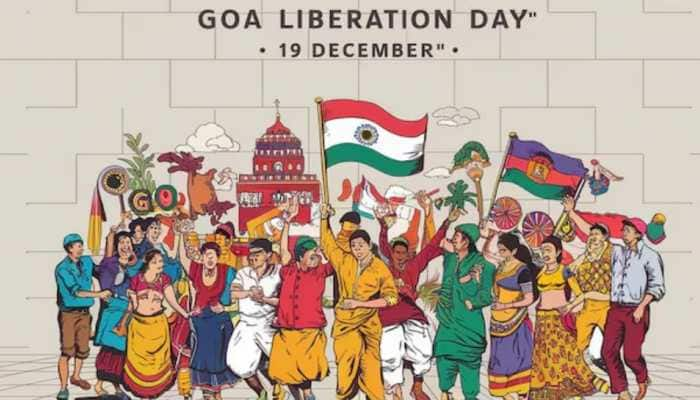
Goa Liberation Day 2024: Messages, Quotes, And Status To Share With Your Family And Friends
December 19, 2024
What’s New
Spotlight
Today’s Hot
-
- December 2, 2024
-
- December 2, 2024
-
- December 2, 2024
5 Literature Festivals Coming Up In India This December 2024
- By Sarkai Info
- November 29, 2024
Red Planet Day 2024: Key Details, History, Importance, Theme, And More
- By Sarkai Info
- November 28, 2024
Featured News
Latest From This Week
6 Inspiring Friendships From Hindu Mythology That Teach Us True Loyalty
CULTURE
- by Sarkai Info
- November 26, 2024
Masik Shivaratri November 2024: Date, Time, Significance, And Mantras To Chant
CULTURE
- by Sarkai Info
- November 26, 2024
Trust Your Instincts: The Importance Of Intuition In Everyday Life
CULTURE
- by Sarkai Info
- November 25, 2024
Subscribe To Our Newsletter
No spam, notifications only about new products, updates.


